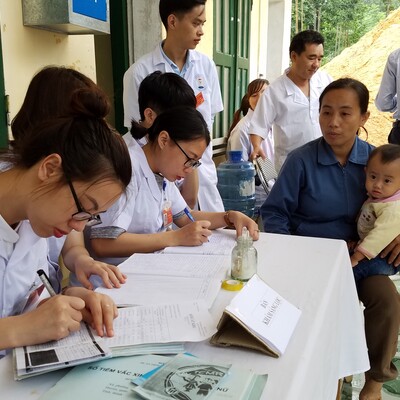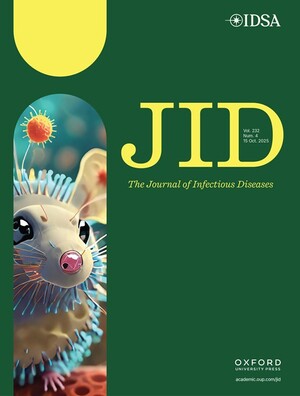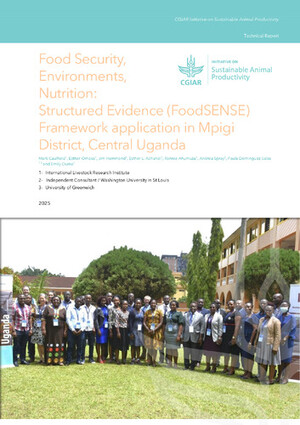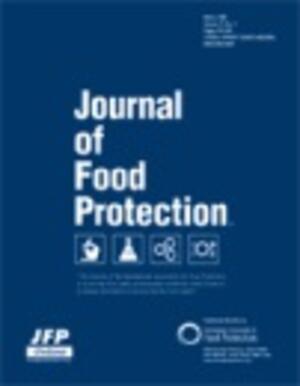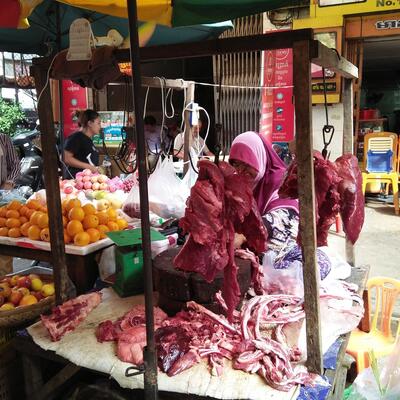
Situation analysis of food safety control systems in East African Community member states
This goal of this project is to generate evidence to improve food safety control systems in East Africa.
Food safety is important for the health and wellbeing of communities. Control systems are meant to protect consumers from unsafe products, safeguard public health and facilitate trade.
A review of national food control systems can help define where the gaps are and provide suggestions on what needs to be done to address the challenges.
A further analysis of previous investments would provide insights on how much support has been directed to improving food safety in informal markets and highlight value chains that interventions should target to achieve health outcomes.
A better understanding of foodborne diseases in the East Africa region is important for risk assessment and burden estimation. Findings from the project will inform decisions on food safety and contribute to other ongoing initiatives in the region.
Objectives
- Identify past and ongoing food safety investments in the East Africa region and evaluate their impact
- Review national food safety control systems (laws, regulations and policies) in the East Africa region
- Review current understanding of major foodborne diseases in the East Africa region and their causes and identify knowledge gaps
- Assess stakeholders’ understanding of food safety
Activities
- Analysis of the Global Food Safety Partnership’s food safety investment database [available at https://www.gfsp.org/resources]
- Review of available literature on national food safety systems
- Desk review of foodborne disease occurrence in the East Africa region
- Interviews with selected value chain actors
Expected outcomes
Reports on food safety investments, food safety systems and foodborne disease occurrence in the East African Community member states and Ethiopia








